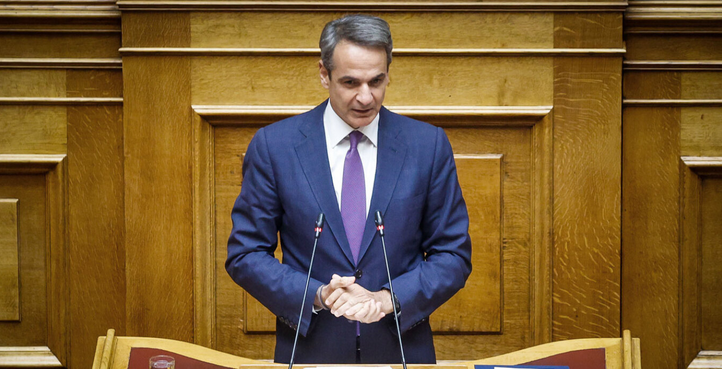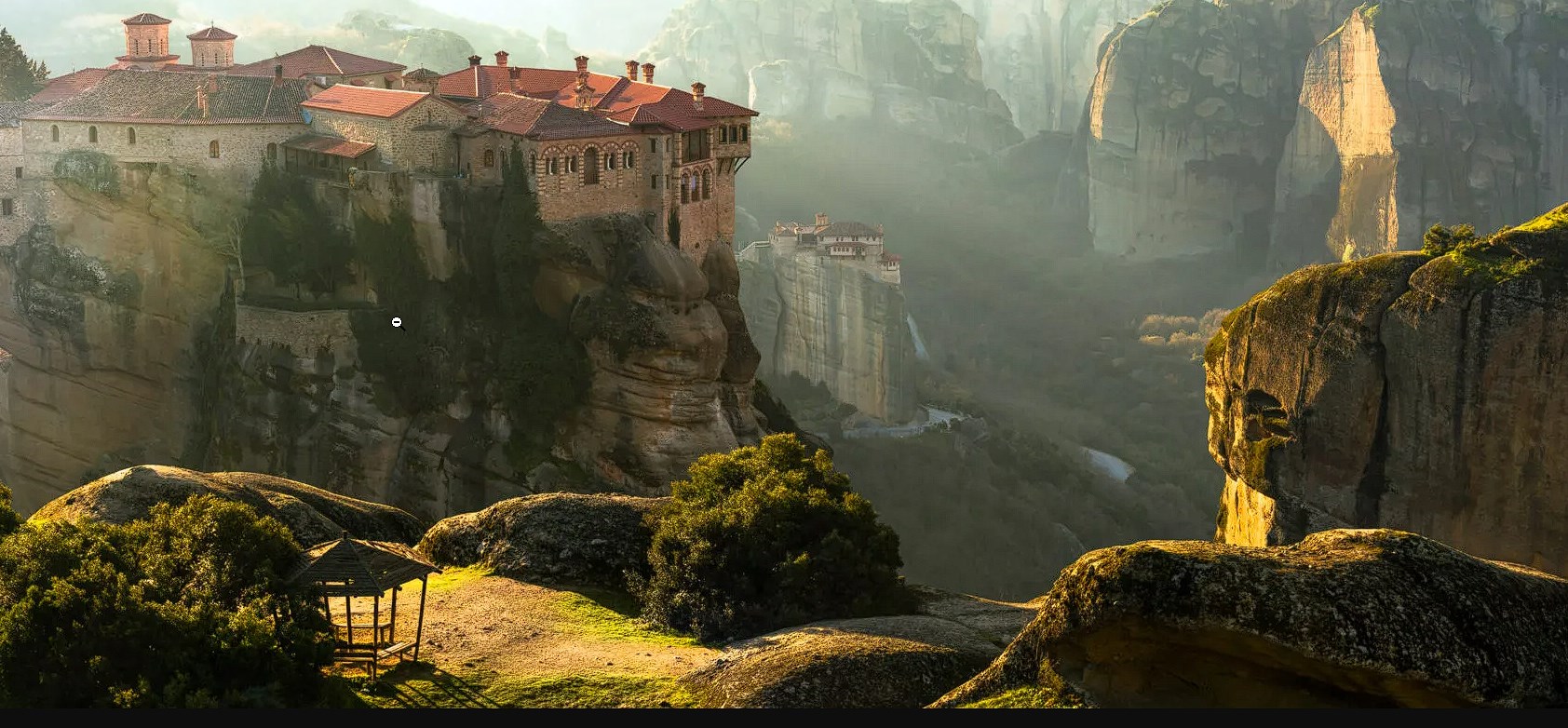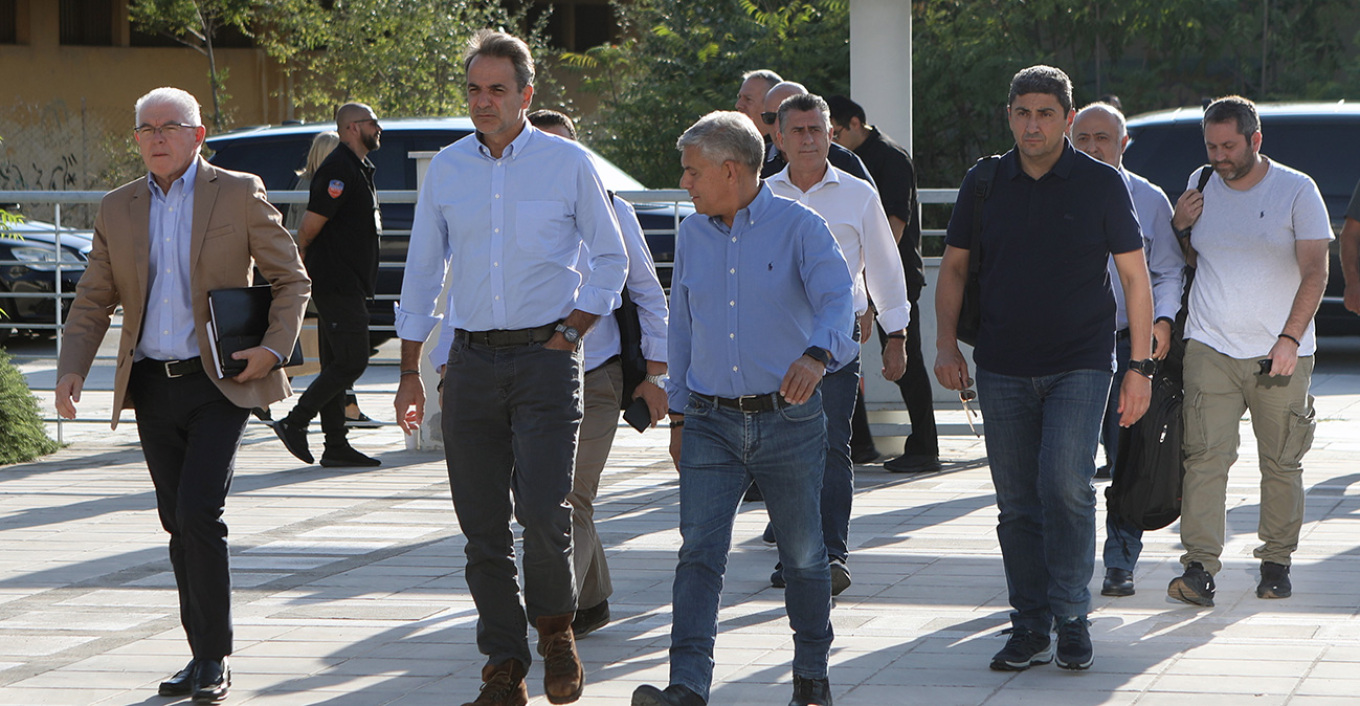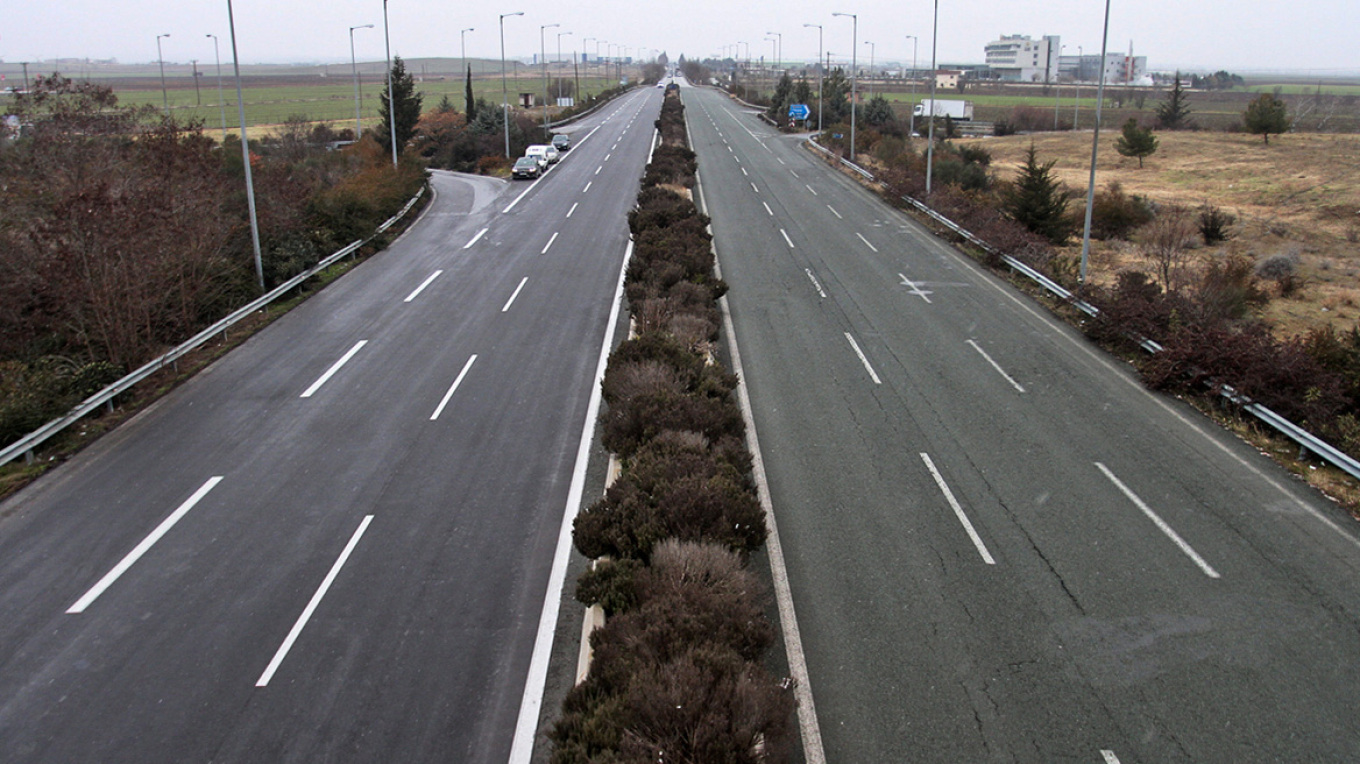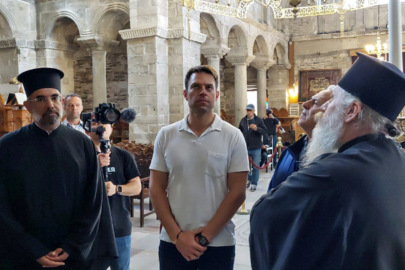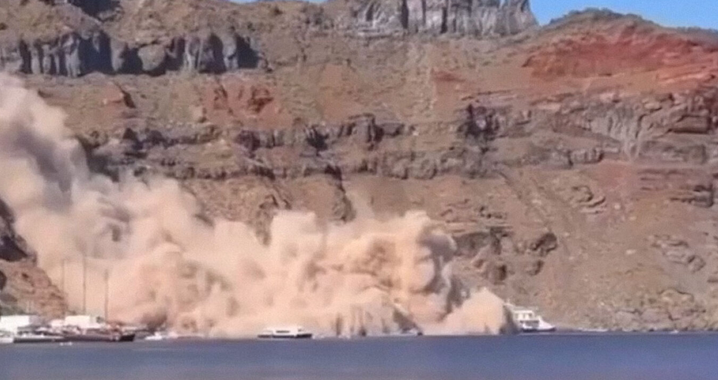Greek Prime Minister Kyriakos Mitsotakis informed the Parliament about the governmental measures for the reconstruction of the regions of Thessaly and Evros, as well as for dealing with the climate crisis.
His main points:
– A few days after Daniel, millions of tons of water fell in Pineos river, while in Volos fell the amount of rain that Attica sees in a year.
– We also paid a heavy price for these new conditions. The fire raged in Evros from the high temperatures, dry atmosphere and high winds while the fire brigade was fighting on 80 fronts
– The climate crisis will be expressed sometimes with mega-fires and sometimes with floods, we will not treat them as extraordinary events. The problem does not concern only Greece. In Canada, areas larger than Croatia burned, in Europe we had successive waves of rain that caused damage in many countries, and Daniel, which caused destruction in the country, also hit Libya.
– It is a reality that does not lend itself to bitter political confrontations. It is offered for consents and actions based on realism and scientific evidence.
Regarding the war in Gaza:
– It is something that Greek diplomacy sought. Much remains to be done to de-escalate the crisis and the government will continue to engage in discussions with all parties.
– I welcome the agreement in the Middle East to release a first group of Israeli hostages combined with a temporary ceasefire on humanitarian aid grounds to Gaza.
War in Israel: 1,000 boats leave Turkey for Gaza – Fears of new Mavi Marmara
The Dutch plan
– Already, the Dutch company HVA has made a systematic study in the Thessaly region after the extreme phenomenon of bad weather Daniel, but also its impact especially on agricultural production and livestock.
Mr. Mitsotakis pointed out the rarity and extreme nature of the phenomenon, but he will underline that the state must learn lessons and intervene, even if the interventions are sometimes insufficient to curb the intensity of the phenomena.
Based on the first conclusions, more systematic work should be done in the next period at three levels: in prevention, with strong protective measures and infrastructure to prevent floods, in administration with the establishment of a unified water management body in the area with the objective rivers, irrigation and spatial planning, but also updating the warning system so that the danger signal is given before the bad weather even starts.
The government staff have concluded that the embankments should be upgraded, while more widely, the bridges and ramps should also be redesigned, with the removal of various obstacles. At the same time, water retention areas should be created, allowing controlled flooding and drainage of an area. This, of course, requires cooperation with producers and ranchers who should be compensated for the land they give up and receive further compensation if their property needs to be flooded for precautionary reasons. Government officials, meanwhile, respond that it is not easy to simply build more dams, which are expensive, while at the same time there are not many places that can be built.
According to the information of protothema.gr, based on the recommendations of the Dutch HVA scientists, the government is working on a master plan of comprehensive interventions that will be ready in 2024. “We will integrate the results of the expert missions and the master plan drawn up by the HVA in the new plan, so that the draft flood management plan for Thessaly becomes an operational tool in flood management that responds to all three levels of security”.

